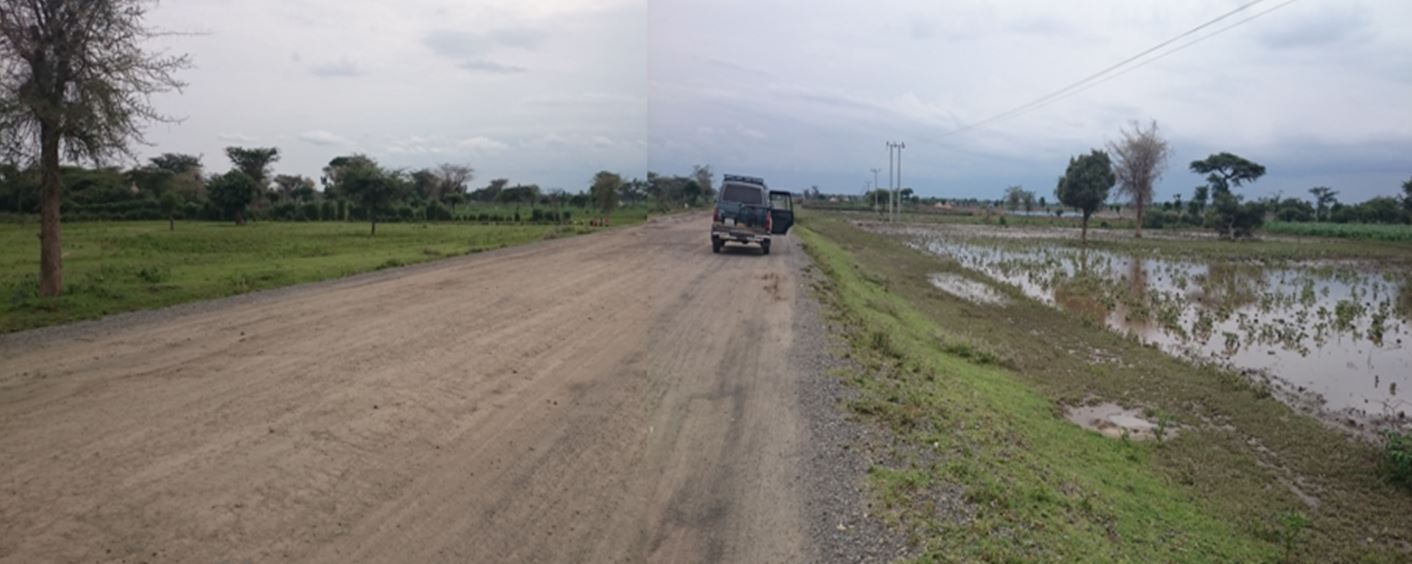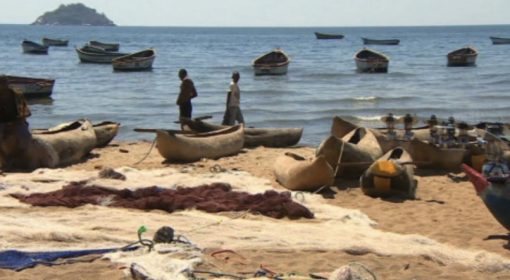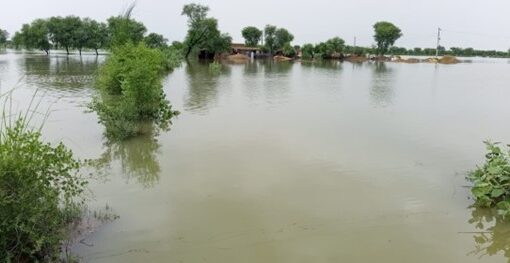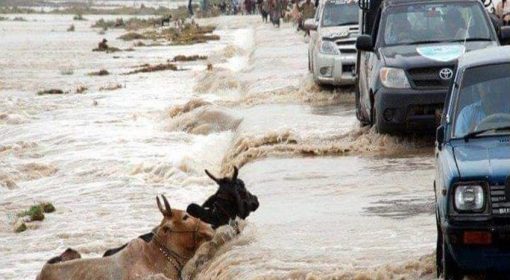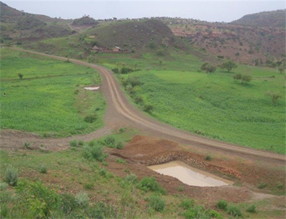Posted by Taye Alemayehu
July 11, 2016
After the El Niño effect that caused devastating wide-spread drought, La Niña is creating havoc in many parts of Ethiopia. The expression ‘Flood Hazard’ is heard frequently in the news, as dozens have died during floods in many places of the country. One such flood-event occurred on July 5th, 2016 around Meki- Zeway area. This is about 130 km south of the Ethiopian Capital Addis Ababa, but the floods only affected farm lands (see picture below).
The floods started from the nearby mountainous areas. They have flooded thousands of hectares of land and created big gullies. Roads constructed almost perpendicular to the direction of the flow led to upstream farms getting inundated.
A charged debate opened between two groups of farmers from Degaga and Korji, on the advantages and disadvantages of the floods. It was considered important to discuss at that moment, also in the context of flood events elsewhere in the country and how they could be turned into opportunities. The Korji team was considering floods as a curse. However, the Degaga team recalled the severe drought that just ended and was very skeptical of considering such God-given water a curse.
Introducing provocative ideas further, both parties changed the whole agenda. The questions raised were:
- Where do the floodwaters go? Who will be advantaged, if the rains do not fall for a longer period- the farms that are flooded or the ones that are spared?
- How do the shallow tube wells respond to the flood? Which wells will have elevated water levels– those on the flooded side or those on the opposite side?
- Is it not possible to divert the flood water to farms upstream before the flood gets stronger, incising the gullies and affecting farm lands?
Then they all agreed that there are also advantages of such floods and demanded that somebody lead them on a coordinated effort to manage them, as this is a very demanding task. Among the gathered crowd, the youth was much eager to see such an effort be implemented.
Lessons learned:
- on-site and proble- driven discussions with farmers are effective and provide lasting and implementable lessons
- Introducing flood management is an easy task to convince about, but needs watershed-scale cooperation to implement
- Such small discussions can be triggered across the nation to achieve nation-wide impact, in terms of converting floods into opportunity.
Curiosity/concern:
Even in such time of high flood, there is little flow reaching Lake Zeway (about 3 kilometers from flood affected area). The growing road construction around the Lake is obstructing inflows to the lake, even as it is enhancing extensive recharge. Being an area of loose and very porous extrusive volcanic deposit, there is little groundwater to contribute to the lake. Could the increase in road construction within the lake catchment be contributing to the diminishing lake level? Who is stealing more water? The flood-arresting roads? The farms in greenhouses in the areas? Or those outside the greenhouses?
